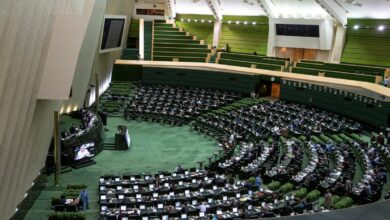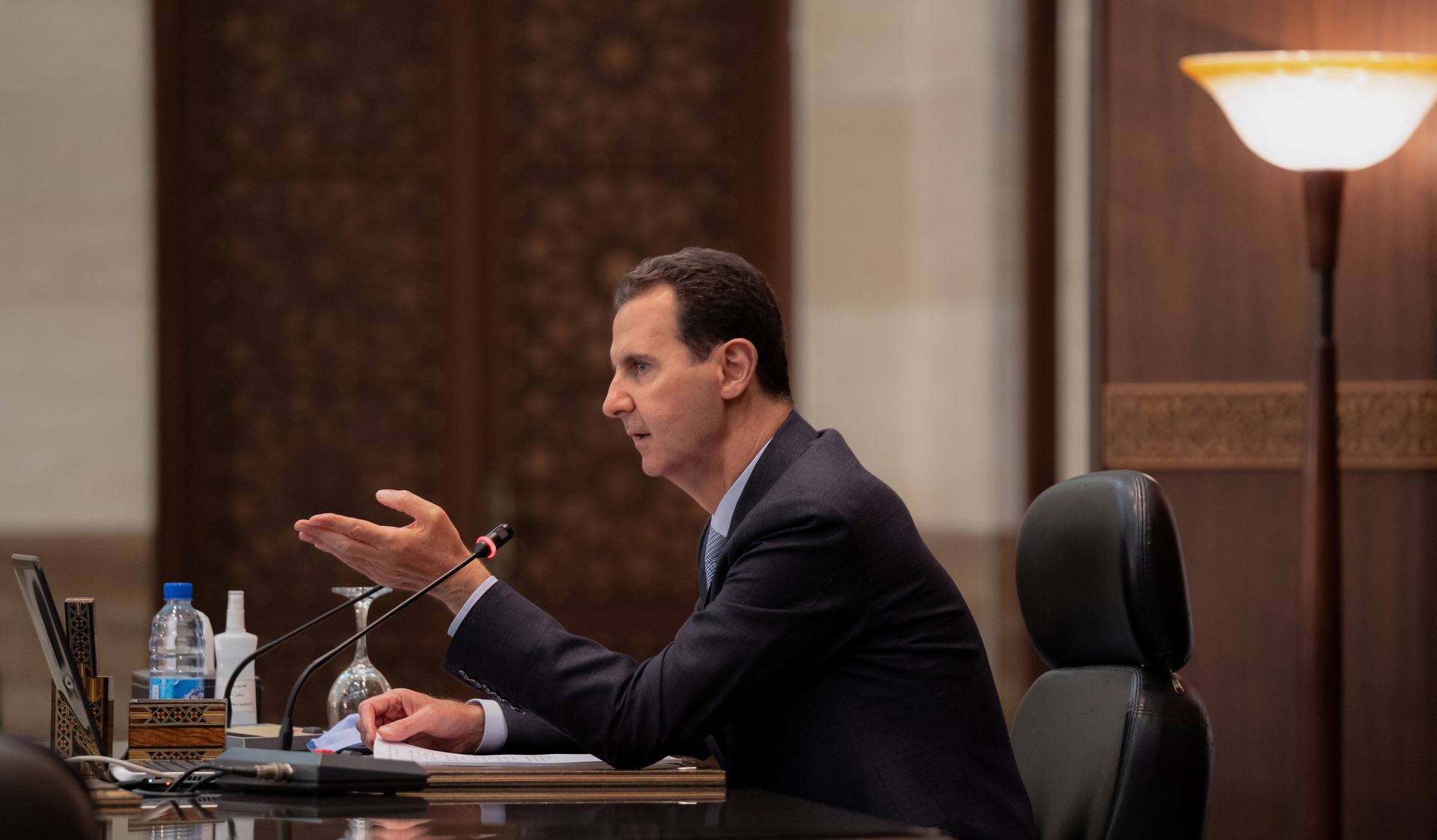
Many activists and public figures are demanding that the presidential election be held immediately after the final stage of the People's Assembly elections.
Around 65 activists and public figures held a press conference Saturday at the Journalists Syndicate and launched an initiative to hand over power to civilians. The initiative included opening up nominations for presidential candidates on 25 January, closing the nomination period on the anniversary of former President Hosni Mubarak's resignation on 11 February, and inaugurating the new president within 60 days.
Participants issued a statement calling on the Supreme Council of the Armed Forces (SCAF) to respond to the initiative "without procrastination" and said the SCAF will be held responsible for the consequences if it ignores the initiative.
They set three primary objectives for the initiative: First, to protect the revolution from its enemies at home and abroad, particularly from the counter-revolution led by remnants of Mubarak's regime. They also aim to spread political awareness among the Egyptian people and to empower the revolution and transfer power to civilians.
Despite the errors committed by the military council, people cannot deny that the armed forces protected the revolution, and the armed forces should not deny that the revolution granted the military real independence and freed it from a tyrant who destroyed military factories and industry,” said Kamal al-Helbawy, former spokesperson of the Muslim Brotherhood in the West.
“The appointment of an advisory council for the SCAF is a good move, but it came too late. The advisory council’s membership is diverse and informed, but unfortunately its role is limited to providing advice,” Helbawy added.
Helbawy said that the SCAF forming an advisory council to keep in touch with the public is a good move.
According to Helbawy, the revolution cannot achieve all of its goals as a result of the formation of so many coalitions and movements and the appearance of ideological conflicts among political parties and revolutionary forces.
“What threatens the revolution and the Egyptian people as a whole is the sharp division between supporters of the ruling military council and opponents,” said George Isaac, vice president of the National Council for Human Rights. Isaac added that there is a need for unity among political forces to address this situation.
Isaac warned that denying the fact that there is a state of division among people could lead to a disaster.
Isaac denounced the violent clashes that took place at Qasr al-Aini Street last week, describing it as a "crime" and demanding the prosecution of the perpetrators.
“The military council must respond to several demands, including the transfer of power to civilians and the end of bloodshed in the streets,” said Kefaya movement leader Ahmed Derag.
Derag urged the Egyptian people to take to the streets to pressure the junta implement the proposed initiative.
The initiative was signed by a large number of public and political figures such as Helbawy, author Ibrahim Abdel Meguid, journalist and writer Iqbal Baraka, Sheikh Gamal Qotb, novelist Alaa al-Aswany, film director Ali Badrakhan, political researcher Ammar Ali Hasan, Farida al-Shoubashy, Secretary General of the Journalists Syndicate Karim Mahmoud, Mohamed Abdel Qoddous, journalist and writer Nagla Bedair, and former head of the Journalists Syndicate Yahya Qalash.
Meanwhile, other activists and organizations have formed the group Egyptian Main Stream, headed by Mahmoud Hegazy, and have launched their own initiative demanding the handover of power through holding the presidential elections earlier than scheduled. The group says that transferring power is necessary to prevent more violent clashes between civilians and the armed forces.
Egyptian Main Stream issued a statement Saturday saying that according to the Constitutional Declaration of 19 March, the new president could be elected before a new constitution is drafted.
Egyptian Main Stream said it consulted legal and legislative experts including Tarek al-Beshry who stressed that the Constitutional Declaration includes a number of requirements for presidential candidates. Article 189 states that the president must put the new constitution to a public referendum, implying that the presidential election could be held prior to drafting a constitution.
A number of youth groups and popular movements also asigned Egyptian Main Stream initiative.
Translated from Al-Masry Al-Youm




